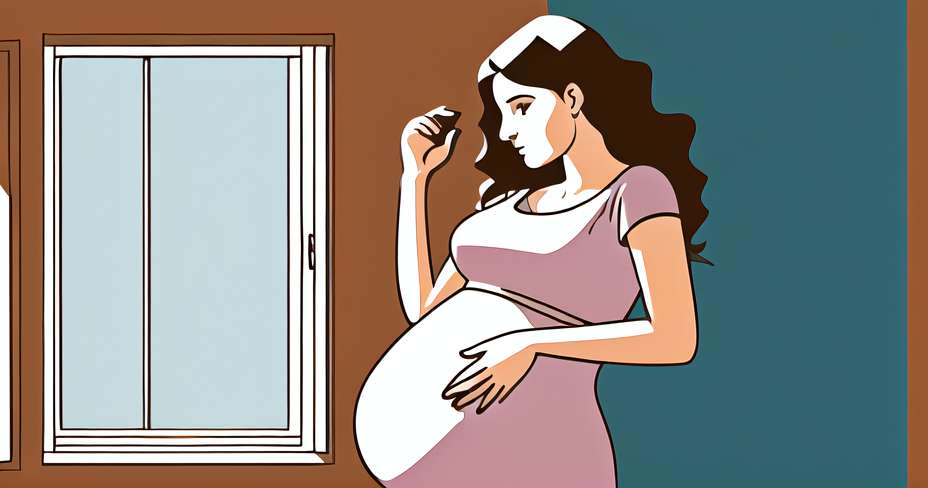If you have delayed your first pregnancy until after you meet 40 years , whether for personal or professional reasons, surely you have heard many opinions about the advantages and disadvantages of doing it at this age. Of course, the chances of being in a state are now lower than a few years ago and, according to experts, after 45 it is very difficult to get pregnant using their own ovules . If this is your case, it is important that you know the risks and care of a pregnancy after the fourth decade.
How to prepare for pregnancy?
According to the University of Maryland Medical Center, there are a number of measures to reduce the chances of complications, including:
- Find out about the increasing risk of genetic complications (chromosomal abnormalities) and the tests you must do during pregnancy to detect them. Consult a genetic specialist .
- Make sure that any existing condition (high blood pressure, diabetes, thyroid disease, obesity) is in a stable and controlled stage, before thinking about becoming pregnant. Talk to your doctor about the pregnancy and how it might affect your current condition.
- Take prenatal vitamins with folic acid before becoming pregnant to help prevent neurological tube defects, particularly spina bifida.

What are the risks?
- Infertility The probability of getting pregnant in a given month decreases as you get older and the risk of a miscarriage increases after you turn 35. If you have been trying to get pregnant for more than six months, you should talk to your doctor about fertility treatments. The conditions that can contribute to infertility are: endometriosis , benign tumors in the uterus and the blockage of the fallopian tubes .
- Increased risk of genetic abnormalities: As women age, their eggs do not divide well and genetic problems can occur. The most common genetic disorder is the Down's Syndrome .
- Pregnancy loss: In women over 40, the risk of abortion is doubled compared to a 20-year-old woman or starting at 30.

- Health problems during pregnancy: If you have diabetes and high blood pressure, you will be more likely to face problems during your pregnancy. There are cases in which not yet having any of these diseases, older women are more likely to develop gestational diabetes and high blood pressure induced by pregnancy. In addition, there is a greater risk of presenting problems with the placenta Y bleeding During pregnancy.
- Preeclampsia: It is a serious complication that can occur during pregnancy and can cause high blood pressure, swelling of the face and hands and the presence of protein in your urine. As a result, it can damage your nervous system and cause seizures , cerebrovascular accident and other serious complications.
- Problems in childbirth: The risk of having problems in childbirth increases for women over 40 who are giving birth to their first baby. Studies have shown that older women are more likely to prolong the second stage of labor and fetal distress. Also, with a late pregnancy, increases the incidence of giving birth twins or triplets, even without using drugs for infertility.
What to do to have a healthy pregnancy
Although having a baby after 40 may present a high risk of complications , most older women have healthy babies. In this sense, it is essential to have a diet Y nutrition appropriate, good prenatal care and prepare both emotionally and economically for your baby and the care that will be needed. On the other hand, it is also important to evaluate the benefits of expecting a child until after age 40. Many women and older men consider that they are more patient and realistic to face the challenge of a baby than they would have been before. his life. Also, they can enjoy the happiness of being a parent better, after having established their careers, since they feel they have more time to dedicate to the new family member.
Video Medicine: What You Should Know About Pregnancy After Age 35 (April 2024).


